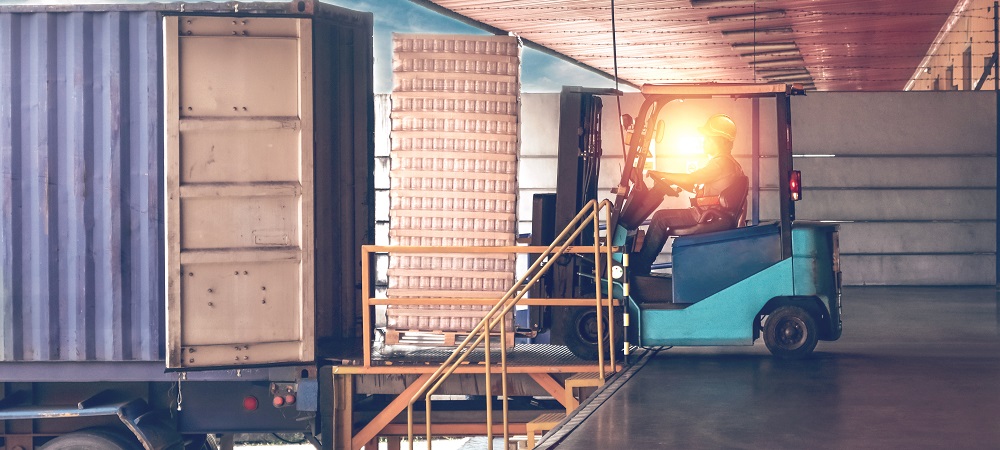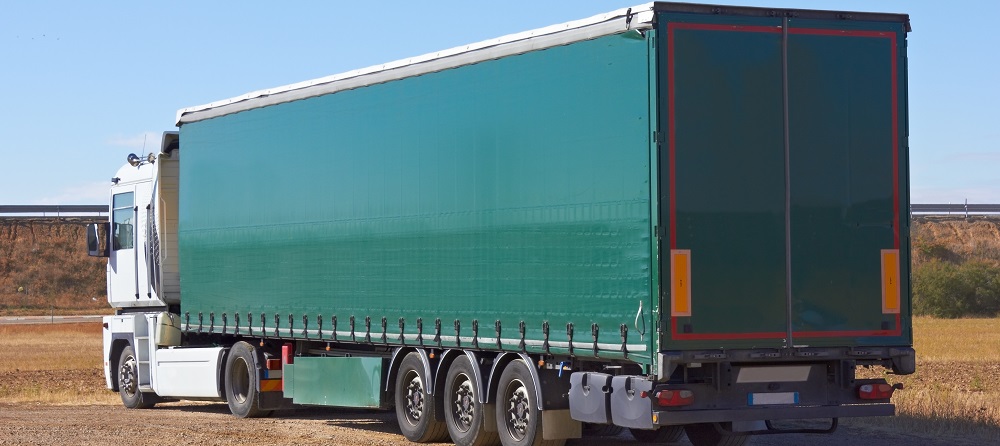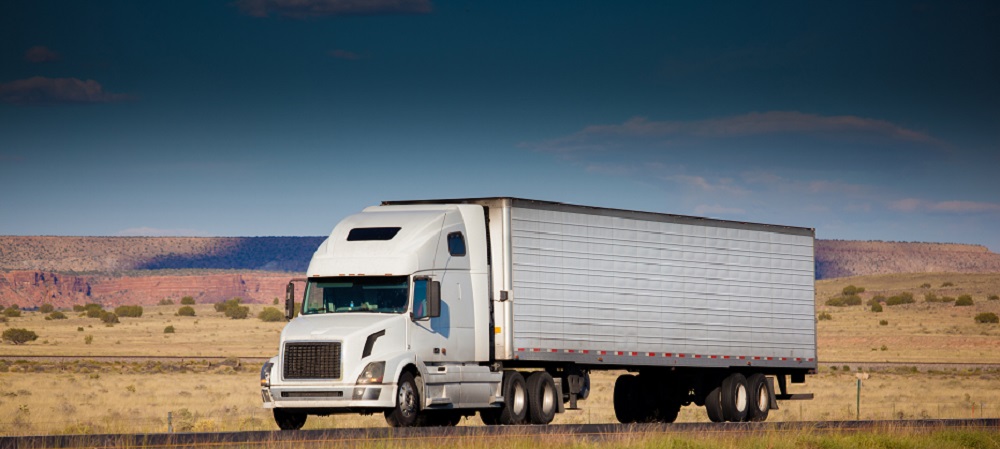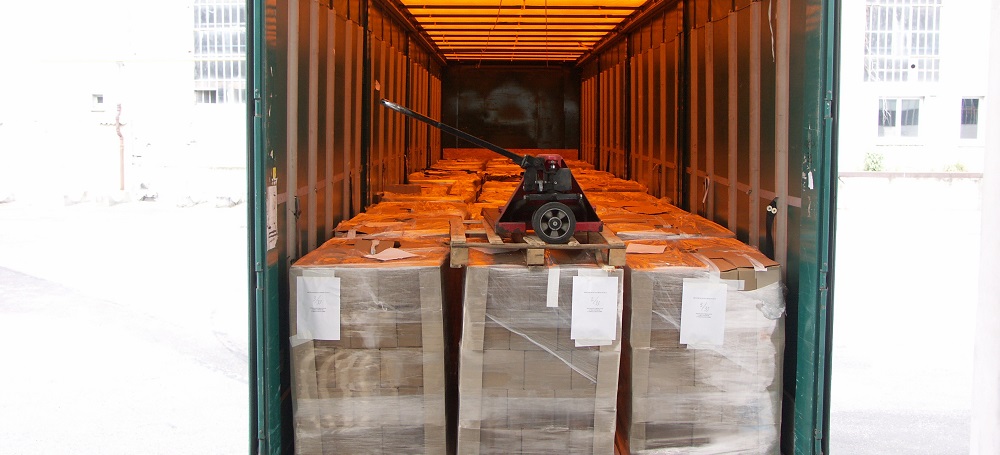How To Overcome Challenges of Full Truckload Freight
Do you know how efficient full truckload freight can be? Well, not only is it efficient but also quite tasking for shippers. It comes with its portion of challenges. This is why most people looking to move freight often look for how to overcome the challenges of full truckload freight.
Some of the challenges include rates that differ from one carrier to the other, the stressful process that it involves, and the time loading and unloading the truck consumes. These challenges, however, do not hinder mid-sized businesses and small businesses. In fact, many in Canada and the USA still prefer to use full truckload freight trucking services.
Perhaps you have another full truckload shipping around the corner and you’re probably bothered. All you need now is to know how to overcome the challenges of full truckload freight. We’ll be taking you through some hurdles associated with full truckload freight. Also, we’ll be handing out tips on how to overcome them.
Some Challenges of Full Truckload Freight
Don’t fret. We know you’re probably thinking “how can I move my freight without spending too much and wearing myself out?” This guide to FTL shipping sheds light on common challenges many shippers face and how to overcome challenges of full truckload freight.
Hike in rates
One of the many problems shippers battle with when it comes to FTL shipping in Canada is the increase in the rates. The rates, which differ depending on the location, shoot up now and then.
The NMFTA (National Motor Freight Traffic Association) isn’t in charge of the regulation of rates. Instead, the rates are dependent on the market.
The reason for this is because many businesses are moving their market online and e-commerce is gradually taking over. Furthermore, the need for carriers is on the rise and most carriers are always booked. The few that are available seize the opportunity and end up escalating the prices.
Inadequate capacity
Another challenge of FTL shipping is inadequate capacity. Have you ever tried to book a carrier without success? Many small and mid-sized businesses find it difficult to overcome this challenge of full truckload freight.
They are unable to book trucking companies since they have either been booked by larger companies or are short of drivers. This leaves the shipper using a smaller truck with smaller capacity or paying more to have the freight shipped.
Extra charges
If you want to learn how to overcome the challenges of FTL shipping, you have to know how extra charges work. You are likely to face the challenge of extra charges when loading and unloading their freight.
Usually, carriers will give you only four hours for this. That is two hours for loading the freight and another two hours for unloading the freight from the trucks. In most cases, shippers exceed the 4-hour limit. Invariably, this leads to extra charges and increased cost of freight shipping.
Often, the extra charges are on the high side. This challenge can cause shippers to spend more than their budget. But unlike small and mid-sized businesses, larger companies can easily foot the bill. This is another good reason why small and mid-sized businesses should know how to overcome full truckload freight challenges.
Solutions To Common FTL Issues
Knowing how to overcome full truckload freight challenges will prove very useful to you. It also reduces the stress involved in shipping as well as the overall cost.
Some challenges are within our control and some others simply aren’t. Note the ones that you can maneuver and do your best to scale them. That said, these tips will help you save time and money during your next FTL shipment.
Follow trends
When it comes to reducing the hikes in rates, shippers should be aware of the latest happenings. It can be as little as taking note of the recent traffic details, the recent cost of shipping, the weather condition, etc.
This will go a long way to helping you avoid extra charges for your freight. It is a primary method of overcoming the challenges of full truckload freight. Always be up to date!.
Be consistent
Another solution to common FTL issues is using the same carrier for your FTL shipments. Be consistent with a particular carrier and your schedule. It completely gets rid of you not having a carrier for your freight.
Funny as it may sound, carriers are willing to give lower rates to shippers who are loyal and consistent. Get a schedule with your carrier and stick with it. They will always be available when you call on them.
Be flexible
Keep your options open. Call to see if a shipment around your area was cancelled. If a shipment was cancelled, it means a slot has been opened for you. Take advantage of opportunities like this one.
Avoid extra charges
Lastly, when trying to avoid extra charges for loading and unloading, pack the freight properly. Doing this makes the job easier and quicker. ensure that you pack the freight properly to make the job easier.
Have your freight waiting at the door of the docks for the truck. This ensures you’re not taking too long. Also, package your freight earlier. Remember that it’s important you do this before the truck arrives.
Waiting for the truck to arrive before getting your freight out can lead to extra time. And, extra time equals extra charges.
To Sum It Up
We know that the solutions we proffer in this article will be of great help. Now you can breathe a sigh of relief. Remember to keep to a schedule, be consistent, and always be in the loop.
Bear in mind that it’s not impossible to overcome the challenges of full truckload freight.
Follow the tips above and watch all your challenges fade.
Did you try any of these solutions and you still weren’t able to overcome full truckload freight challenges? Unable to ship your freight with ease? Let All Freight Shipping handle your FTL freight. Check out our trucking services in the USA and Canada.




